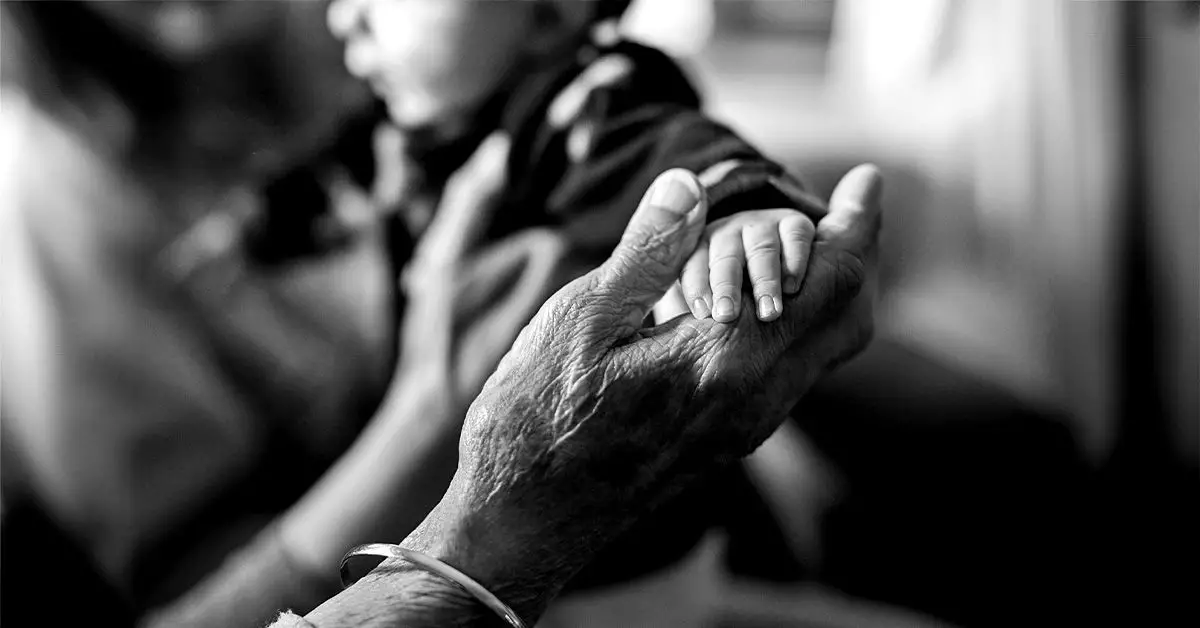Alzheimer’s disease is a progressive neurological disorder that profoundly affects the brain, leading to significant changes in behavior and personality. As the disease advances, it causes severe memory loss, confusion, and impaired judgement. These changes significantly affect a person’s perception and interaction with their environment, making it unsafe for them to care for babies and children.
The significant changes in thinking and behavior that occur in Alzheimer’s disease may make it unsafe for those with the condition to hold babies. Alzheimer’s disease affects the brain’s ability to process information, regulate emotions, and maintain physical coordination. These changes can result in unpredictable behavior, forgetfulness, and difficulties in handling a baby safely.
Risks of Interaction
Several factors contribute to the potential risks associated with interactions between people with Alzheimer’s disease and children, especially babies. These factors include sudden mood changes, physical limitations, communication barriers, and sensitivity to stimuli. Supervision and proper precautions are essential to protect both the person with Alzheimer’s disease and the child.
The symptoms of Alzheimer’s disease progress through stages and can vary, but typically include memory loss, difficulties with problem-solving, confusion, and changes in mood and personality. It is crucial for caregivers to recognize and understand these symptoms to ensure the safety and well-being of both the person with Alzheimer’s disease and the child.
Causes and Treatment
Alzheimer’s disease results from a combination of genetic, lifestyle, and environmental factors that affect the brain over time. While there is no cure for the disease, treatments such as medications, lifestyle changes, and supportive therapies can help manage symptoms and improve the quality of life for people with Alzheimer’s disease.
Support for Caregivers
Caregivers play a crucial role in supporting individuals with Alzheimer’s disease and may benefit from education about the disease, support groups, respite care services, and legal and financial planning resources. The Alzheimer’s Association provides valuable resources, information, and support for people with the disease and their caregivers.
It is essential to understand the significant impact that Alzheimer’s disease can have on a person’s behavior and mental function, making it unsafe for them to care for babies and children. By recognizing the risks, understanding the symptoms, and implementing proper precautions and support, caregivers can ensure the safety and well-being of both the person with Alzheimer’s disease and the child.


Leave a Reply